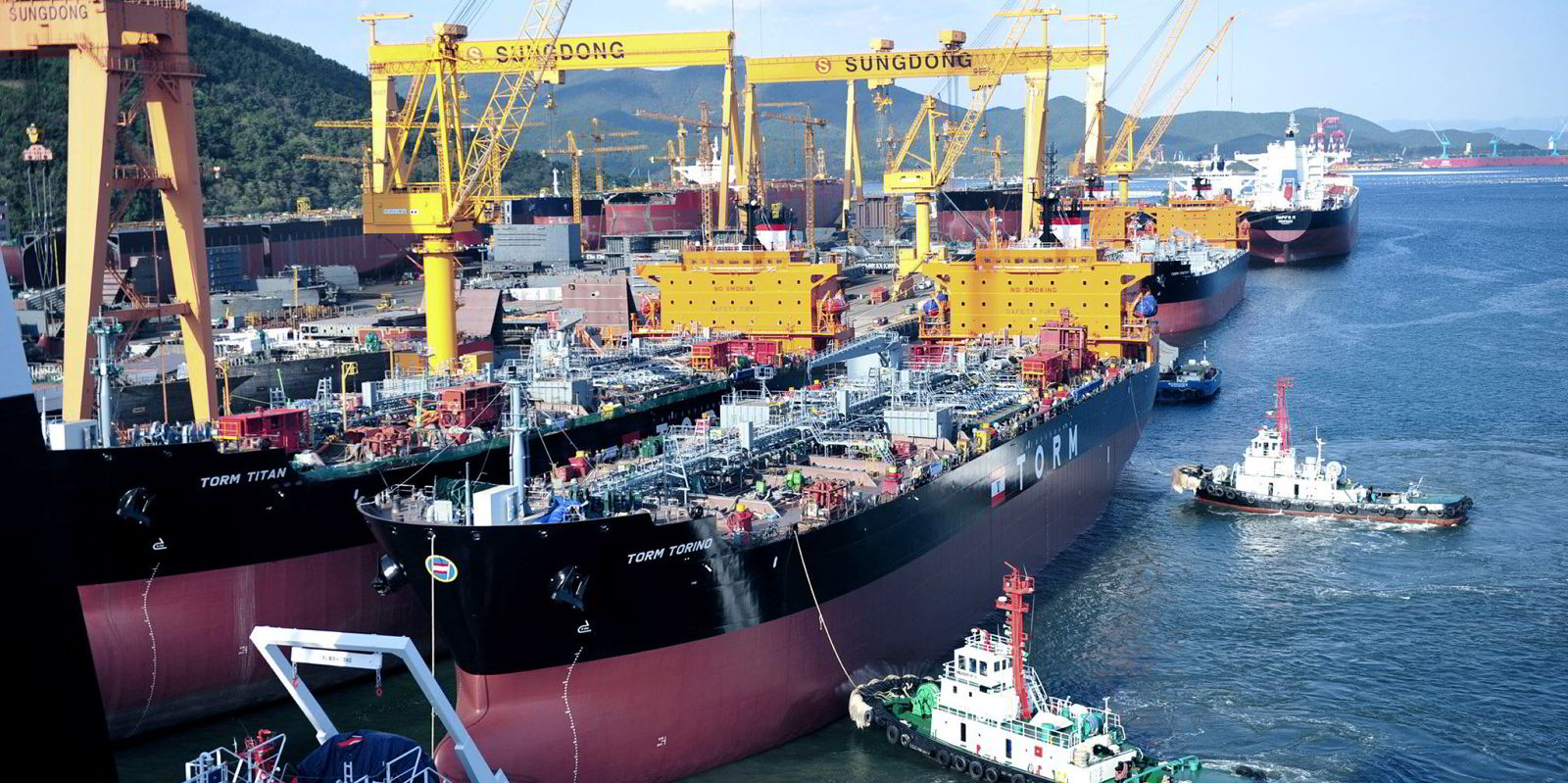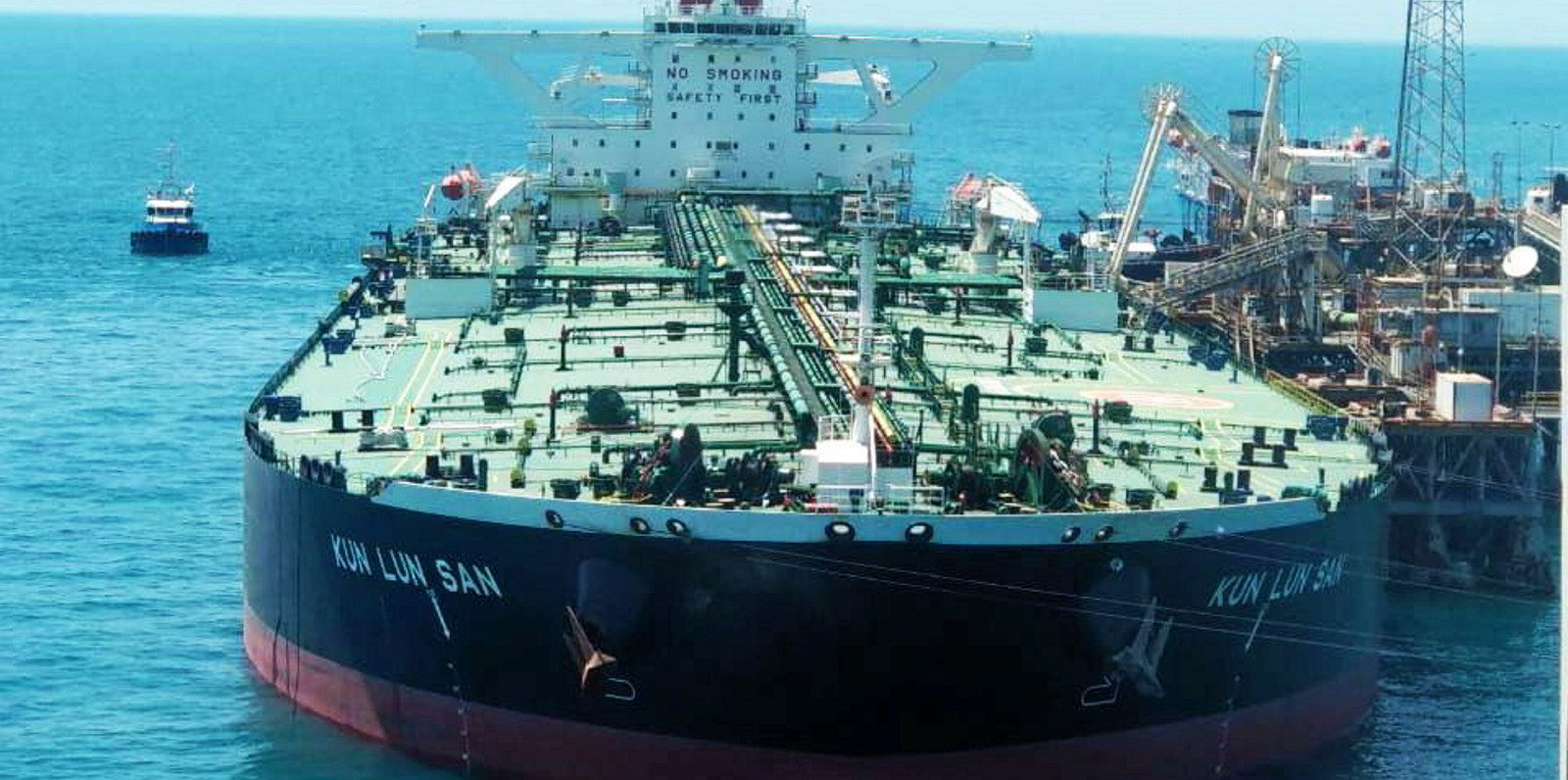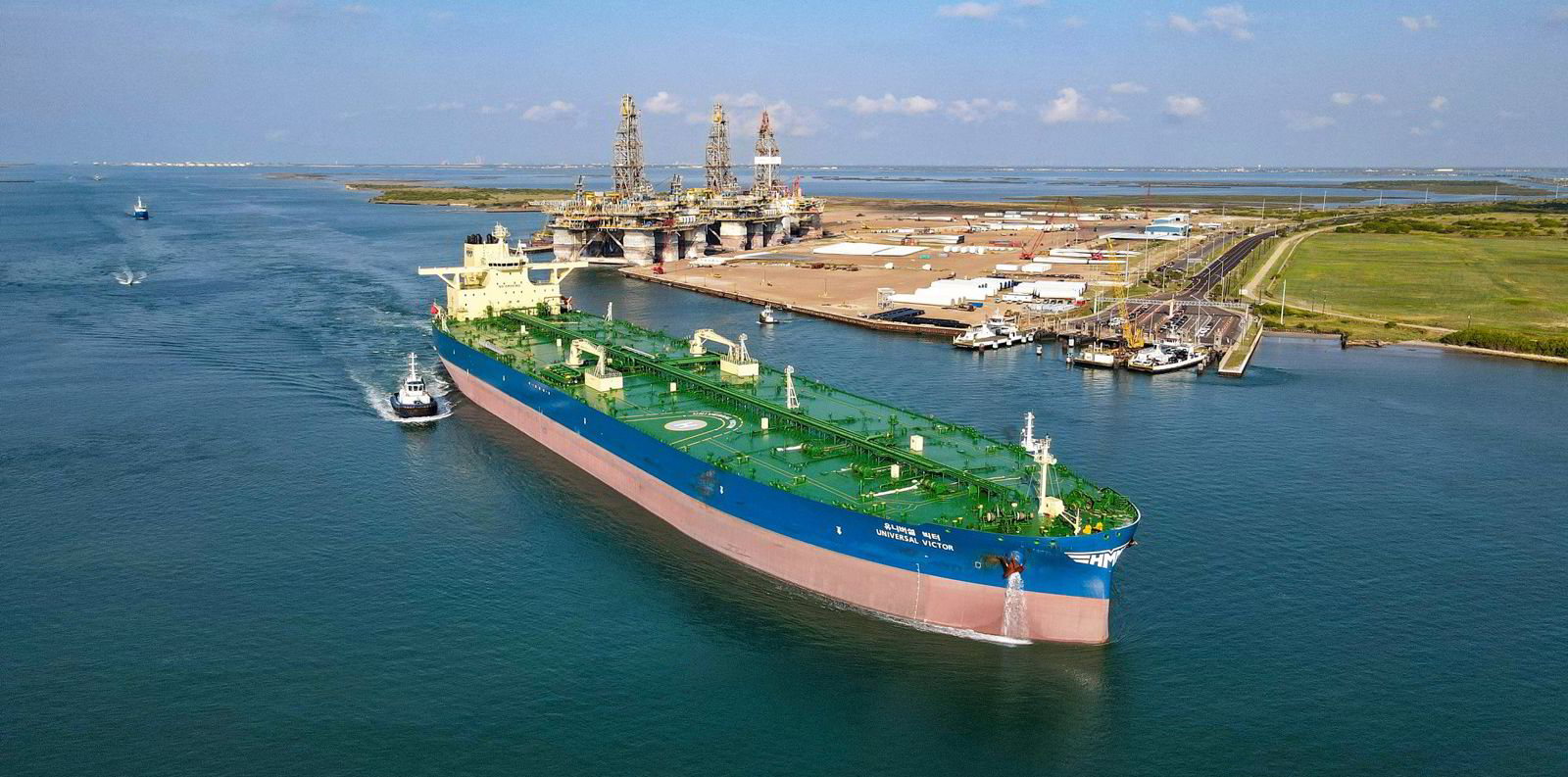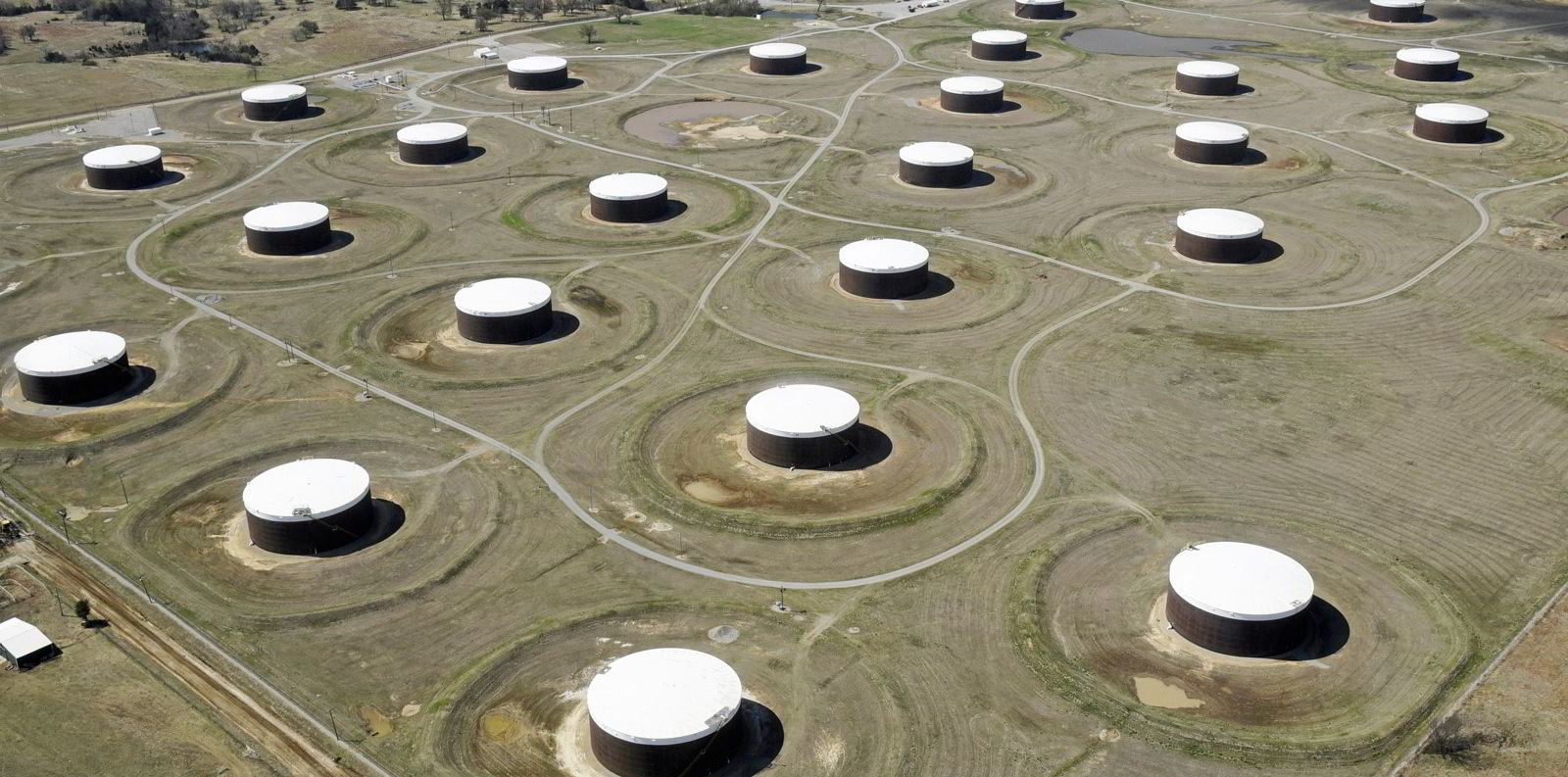If tanker owners were wondering how dire markets have been in recent months, Clarksons Research has just confirmed exactly how bad.
The research arm of shipbroker Clarksons said the average rate for the whole fleet was just $5,229 per day at one point in mid-January — the worst figure for at least 20 years.
For January as a whole, average earnings dropped to $6,295 per day — the second lowest level in the last two decades.
The period from September to January also represented the weakest four-month run on record, averaging just $7,777 per day.
"Pressure exerted on oil trade from the impact of Covid-19 lockdown measures on oil demand and Opec+ crude production cuts, and the return of tonnage to the active fleet as floating storage unwound, drove earnings down," Clarksons Research analyst Rachel Ibbetson said.
Strong year overall
But she added that the spike in spring 2020, when tankers earned an average of $69,514 per day, meant the year as a whole was strong.
For VLCCs, cumulative annual earnings after operating expenses reached an estimated $16m per vessel last year.
This is the second highest annual total since 2008, and almost double the average recorded between 2010 and 2020.
"It remains to be seen how long the current downturn will last, but the short-term outlook appears challenging, with negative impacts from the Covid-19 pandemic still apparent," Ibbetson said.

But she pointed to a number of factors that could eventually generate support, including the low newbuilding orderbook.
She believes an ageing fleet also gives hope of scrapping and fleet reduction, and vaccine roll-out will support demand.
"Amid the challenging start to 2021, owners will be hopeful that improvements from these lows might materialise sooner rather than later," Ibbetson said.
A troubled history
However, the analyst said current woes are not unfamiliar.
In 2018, there was a sustained period of weak earnings on the back of robust tanker fleet growth in the two prior years.
And various supply disruptions impacted global crude trade.
Average earnings were $8,099 per day between February and September 2018 — the longest period in recent decades in which the figure was consistently below $10,000 per day.
"Ultimately, this period of low earnings drove the largest wave of tanker demolition in over 30 years: a total of 20m dwt was scrapped in 2018," Ibbotson said.
The 3.5% decline in oil trade in 2009 during the financial crash underpinned another notable period of weak market conditions.
In August that year, average tanker earnings fell to just $6,261 per day — the lowest monthly average of the last two decades.
Oil volumes falling
Ibbetson said impacts from the subsequent significant build-up of oversupply were long-lasting, with earnings between the second half of 2011 and the end of 2013 averaging just $12,624 per day.
Clarksons Research figures indicate that seaborne oil volumes were down 9% year-on-year in January this year.
The company said the level of tanker capacity engaged in floating storage has retreated from spring 2020 highs, but remains notable, with further unwinding in storage capacity expected to exert additional supply side pressure over coming months.








